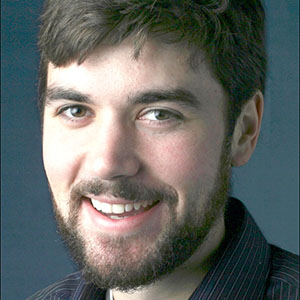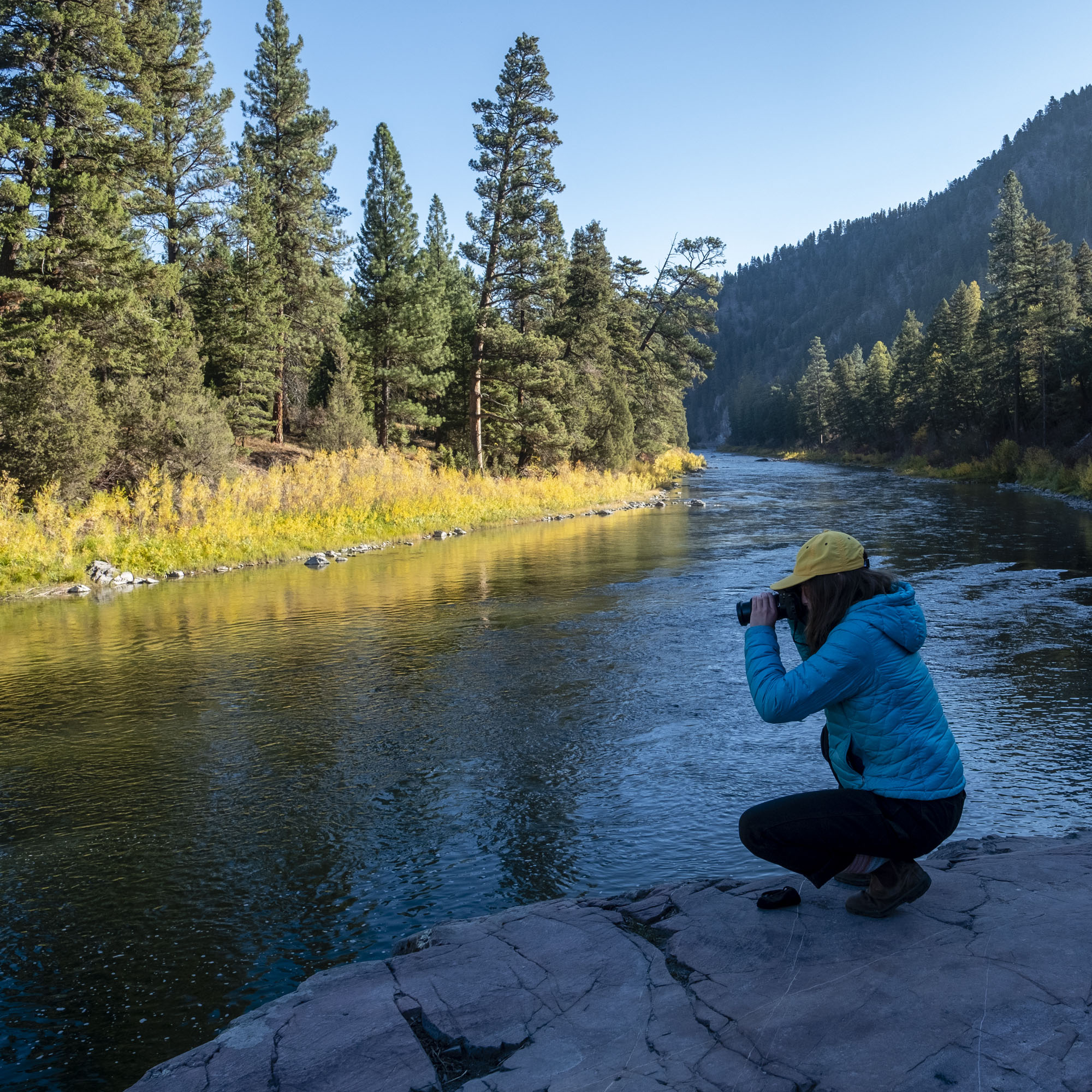Eli Saslow
T. Anthony Pollner Distinguished Professor, Fall 2010
 ABOUT: Eli Saslow, a reporter with The Washington Post, taught a course on news writing--from breaking stories to in-depth coverage--during the fall of 2010. His Pollner lecture was about covering President Obama and other high-ranking public officials, and the "press bubble" that surrounds such figures today.
ABOUT: Eli Saslow, a reporter with The Washington Post, taught a course on news writing--from breaking stories to in-depth coverage--during the fall of 2010. His Pollner lecture was about covering President Obama and other high-ranking public officials, and the "press bubble" that surrounds such figures today.
REFLECTIONS
"My Pollner Experience" by Eli Saslow
By now you probably have read several of these testimonials from a decade of Pollner professors, so you know that there is so much I could rave about: the view from the office window of trees and mountains; the coworkers who guided us on hiking trails and microbrewery tours; the five-minute bike ride into work under a canopy of fall colors; the coffee and the food and the football games; the new friends - and there were many of them.
But lately, when I remember my time at the University of Montana in 2010, I am surprised by what I think back to the most. More than anything, I remember the teaching.
I had never taught before going to Missoula, and the idea of standing in front of a class terrified me. I am the son of two teachers and the brother of another, and I sought their advice before heading to Montana. They did their best to prepare me for the kind of teaching that they know after years of working in public high schools. They shared lessons on dealing with inattentive kids, giving long lectures, taking roll and managing classes so big that it was impossible to remember every student's name. I thanked them for their advice, but I arrived in Missoula more nervous than ever. Then, after about a week, I called my parents to give them an update.
"How's the teaching?" my mom asked.
"Teaching here," I said, "is not like your kind of teaching at all."
The Pollner professorship - as my family, friends and colleagues often reminded me - comes with perhaps the best teaching set up of all time. I taught one class during the fall semester, and its enrollment totaled 17 students. They were all experienced writers, mostly seniors and graduate students. Twice each week, we sat around a circular wooden table with sweeping views of campus and talked about writing. I never lectured. We read great stories and discussed what made them great. We shared ideas. They read their own writing out loud in class and asked each other thoughtful questions. During our best classes, I felt more like their group leader and less like their teacher.
By the end of the semester, I didn't just know all of my student's names. I knew their hometowns, their writing styles, their insecurities and their favorite restaurants. With a class so small, each student became almost like a friend. They took me to football games and introduced me to new music. My wife and I had them over for pizza. We met them downtown for coffee. They stopped by my office to continue conversations that we had started in class. They asked for internship advice and letters of recommendation. Mostly, they asked for help editing their stories. What impressed me most about them was how much they cared. They wanted so badly to get better, and I watched with delight as many of them did.
When my time in Missoula ended, my wife and I packed up the car to drive back to our house, our jobs and our lives in Washington. We stopped on our way home in Denver, where my parents live. We talked a lot with them about Montana, sharing all the usual raves. They asked me if my time as the Pollner professor had made me want to be a teacher.
"No," I said. "It made me want to be a teacher there."
